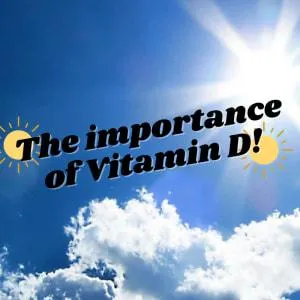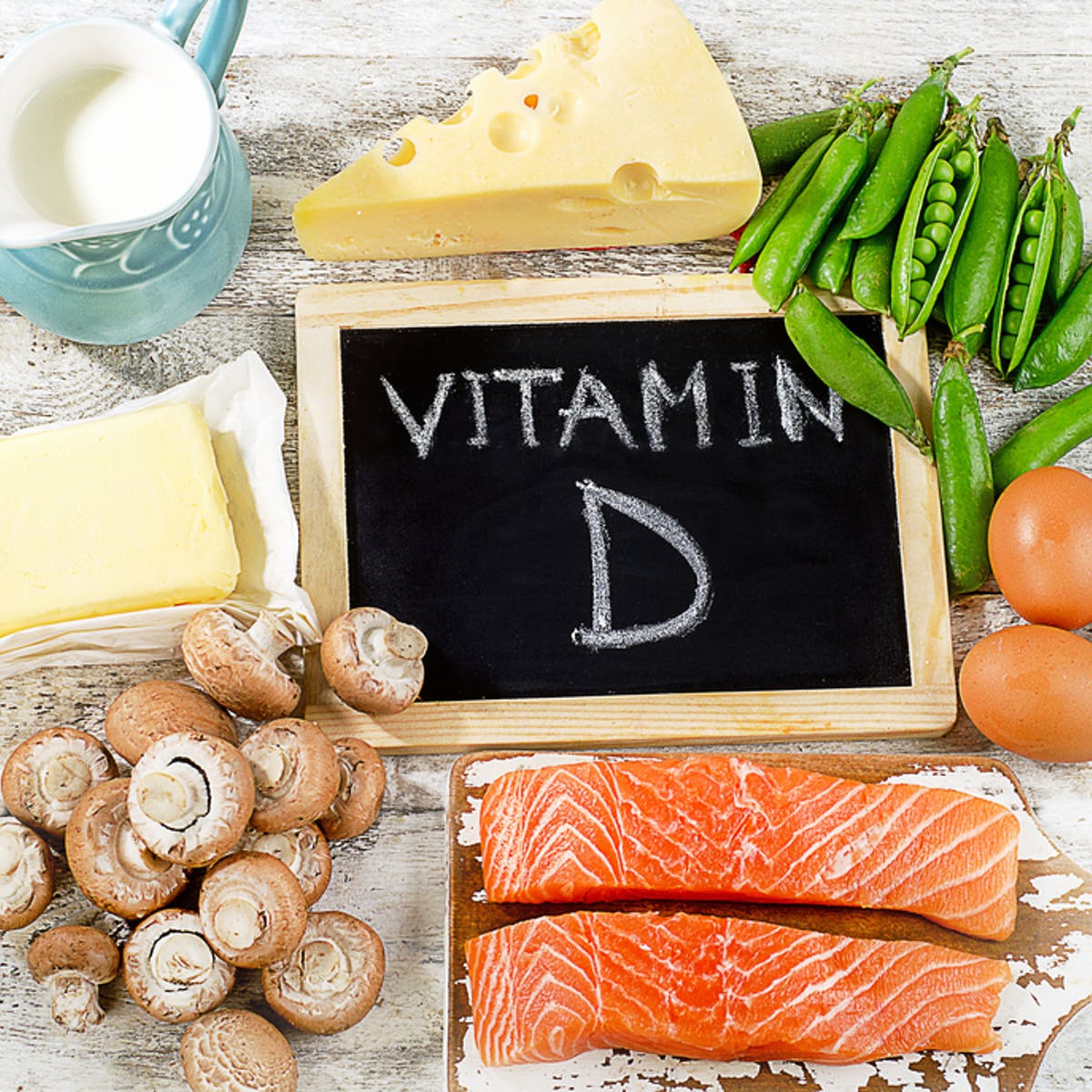WEIGHT LOSS & FITNESS BLOG

The Importance of Vitamin D
It’s starting to get a bit cooler here in NC. Do you know what this means??? You might need to be more mindful of your vitamin D!
I know for me personally, I find that this time of year, with less exposure to sunlight, more down time indoors, and it getting darker outside faster, it’s easy to get a little down feeling here and there at times.
Just me??? Well, that’s ok! Let’s keep rolling haha.
This time of the year, especially up North, and for some here in NC, your Vitamin D levels might be significantly lower as we head into the fall/winter. This can have effects beyond bone issues, it can lead to decreased levels of energy and possibly depressive like feelings as well. So let’s discuss a bit!
Most of us, in order to hit not just the minimum recommended amount but the “optimal” amount of vitamin D in a day between sun/supplements/food is about 400 I/Us per day. If you are deficient, it could possibly require more (but check with the doc!). Sometimes we may need to supplement up to 5000 IU to help normalize circulating levels. It’s estimated that up to 41.6% of the population are deficient in Vitamin D. What does that even mean?
What Is It:
Vitamin D isn’t actually a vitamin. We don’t need food to absorb it. The sun actually allows us to create our own. In fact, the sun actually helps us regulate levels of Vitamin D. It can actually help to destroy excessive amounts.
Vitamin D is fat soluble which means if you supplement, do it with a meal. It also comes in different forms. We can get it from animal and plant forms but both have to be modifed in order to be absorbed.
You can’t soak up Vitamin D through most windows.
Sunscreen at an SPF of 15 pretty much stops all production of Vitamin D (99%).
In A Nut Shell, What Does It Do?:
Vitamin D is a major player in our body’s ability to absorb calcium. If we are insufficient in Vitamin D, we won’t be able to properly absorb calcium which is essential for brain function, bone, and tooth formation.
Studies also reveal that low vitamin D levels in the body are associated with:
Increased loss of muscle strength and mass as we age
Increased risk of cancers
Lower levels of immunity
Higher blood pressure
The development of neurological disorders
The development of diabetes
Vitamin D and Depression:
Sunlight is associated with mood so it would make sense that we could link Vitamin D levels to mood or aspects of depression as well. 2 observational studies did indeed find a correlation between depression and low Vitamin D levels. As with most research, there is some conflicting evidence here. In studies where folks had mild depression and sufficient levels of vitamin D at the outset, Vitamin D Supplementation did not have much of an effect. In another study where the participants were considered to have major depression and insufficient levels of Vitamin D, the supplementation had some positive effects as it helped them get back to sufficient levels of Vitamin D.
So, if you have low Vitamin D, supplementing can help and might just help mood as well. If you have normal levels of Vitamin D already, it probably won’t make a difference to take a supplement.
Food:
Fish, mushrooms, liver, and eggs. Oh yeah and Cod liver oil. That’s where it’s generally found. For me personally, not excited. It simply isn’t heavily available in food.

Foods that are fortified with it may help, but sunlight is the key. It is truly a sunlight vitamin!
Where We Live Matters For Vitamin D:
Where we live matters as well. Remember, we can literally make Vitamin D on our own just from being out in the sun. It’s one of the few fat soluble vitamins (take it with food) that we tech ically don’t need to eat or supplement if we get sufficient sunlight.
For folks living in NC, if you have darker skin or are inside most of the time, it may be worth considering 1000-2000 IU of a Vitamins D Supplement. Especially during the colder months of the year.
That being said, 15-30 mins of sunlight per day would work just fine as well! Especially with us living here in NC and the amount of sunlight we get.
If you feel like during this time of the year you might deal with seasonal affective disorder, vitamin D could potentially help if you can’t get out in the sun or if you are insufficient.
Now you know what you need to know and let’s go get out into the sun!
Thanks,
Coach Joe



Are you Ready to become
sTRONG - FIT - cONFIDENT?
Click the Button To Start Your Journey Today!!


